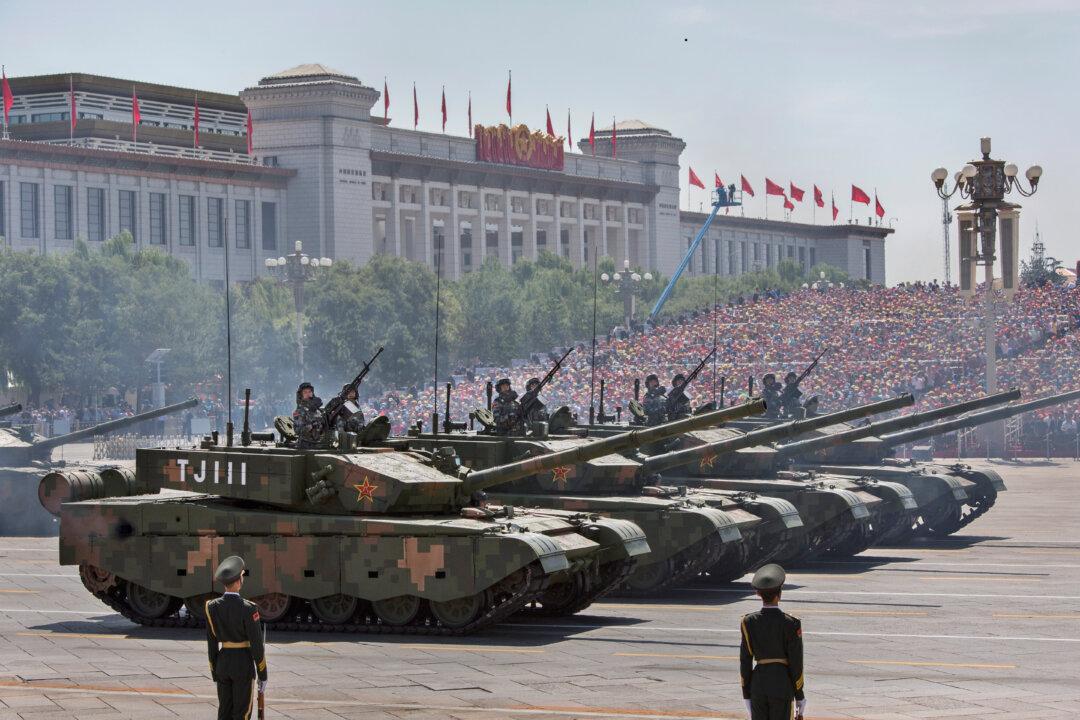Gathered before a museum in suburban Beijing, soldiers and schoolchildren stood in silence last week to commemorate the 78th anniversary of the start of World War II in China, a conflict that claimed the lives of about 20 million Chinese.
But also muted is a candid memory of this brutal struggle for survival, in which the Chinese Nationalist government victoriously led the country’s eight-year-long war of resistance against Japanese invasion—before being ousted in 1949 by communist forces following an additional four years of civil war.




